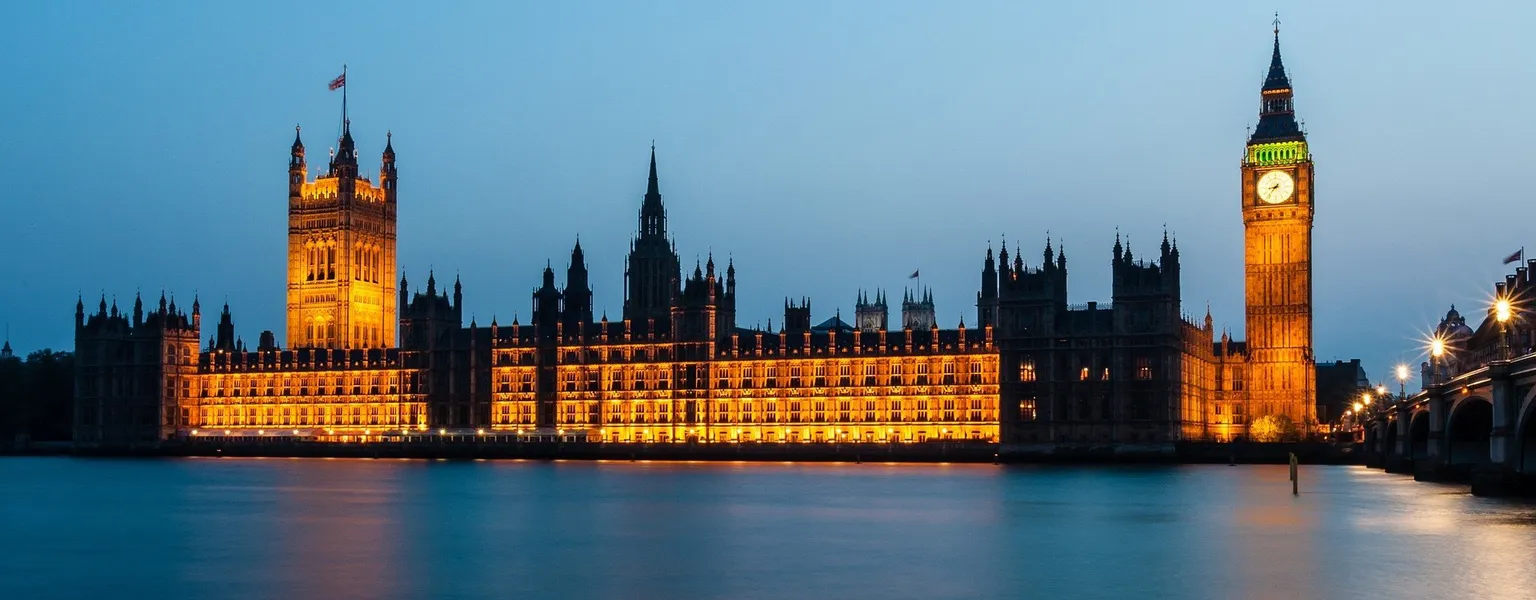Labour's victory and its implications for the UK packaging industry

Business
In a significant political shift, the Labour Party has secured a decisive victory in the recent general elections, marking a new era in UK governance. This change brings with it a series of anticipated policy shifts that are expected to impact various sectors, including the packaging industry. Here’s a look at what Labour's triumph means for the future of packaging in the UK.
Environmental focus
One of the cornerstones of Labour’s campaign was a strong commitment to environmental sustainability. The party has promised to introduce stricter regulations on plastic usage, increase recycling rates, and reduce waste. For the packaging industry, this translates to a heightened emphasis on developing sustainable packaging solutions. Companies will need to innovate and adopt eco-friendly materials to align with new government policies aimed at reducing the environmental footprint of packaging.
Increased recycling initiatives
Labour's manifesto includes plans to significantly boost recycling infrastructure across the country. This will likely involve more stringent recycling targets for packaging manufacturers and retailers. The industry can expect new regulations requiring higher percentages of recycled content in packaging materials, pushing companies to invest in advanced recycling technologies and processes.
Support for innovation
Labour has also pledged to support green technologies and innovation through increased funding and incentives. This is promising news for the packaging industry, as it could lead to grants and subsidies for companies developing sustainable packaging solutions. Start-ups and established firms alike may benefit from government-backed research and development initiatives aimed at creating biodegradable, compostable, and reusable packaging.
Impact on supply chains
Changes in regulations and an increased focus on sustainability will necessitate adjustments in supply chains. Packaging companies might need to source materials differently, favouring those with lower environmental impacts. Additionally, the push for localised production to reduce carbon footprints could see a resurgence in UK-based manufacturing and supply chains.
Economic and employment opportunities
Labour’s green policies could also spur economic growth within the packaging sector. The demand for new, sustainable packaging solutions is likely to create jobs in manufacturing, research and development, and waste management. This could provide a much-needed boost to the UK economy, particularly in areas hit hard by previous industrial declines.
Challenges ahead
While the shift towards more sustainable practices presents numerous opportunities, it also poses challenges. Companies will need to navigate new regulatory landscapes, potentially incurring higher costs during the transition to greener packaging solutions. Small and medium-sized enterprises (SMEs) may find it particularly challenging to adapt without adequate support and investment.
Overall outlook
Labour’s victory heralds a period of transformation for the UK packaging industry. With a clear focus on sustainability, recycling, and innovation, the sector is poised to undergo significant changes. While there will be challenges in adapting to new regulations and market demands, the overall outlook is one of growth and opportunity, as the industry aligns itself with a greener, more sustainable future.
As the new government sets its agenda, the packaging industry must stay agile and proactive in embracing these changes to thrive in this evolving landscape.
Related News
-
Technology
Explore innovative processing and packaging technologies at PPMA Show
-
Sustainability
evian and Wimbledon launch refill initiative for spectators
-
Sustainability
UK rolls out coffee pod recycling at household waste recycling centres
-
Events
Secure your spot at London Packaging Week 2024
-
Business
Live Nation UK collaborates for compostable foodservice packaging




